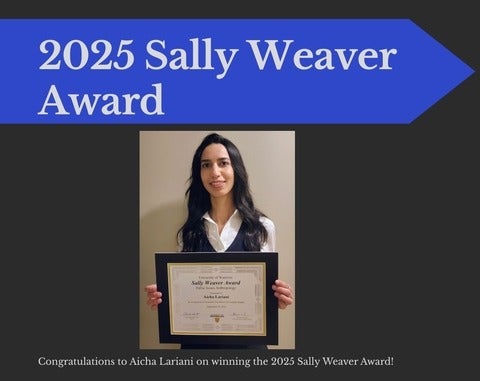Tales and Lessons from Userx
Join us for Tales and Lessons from User Experience, a talk by Velian Pandeliev, Coordinator of the User Experience Design (UXD) concentration in the Master of Information program at the University of Toronto’s Faculty of Information. Drawing on his background in cognition & computation and human–computer interaction, Velian will share insights on ethical design, accessibility, and what it means to understand and represent human experiences in technology.







